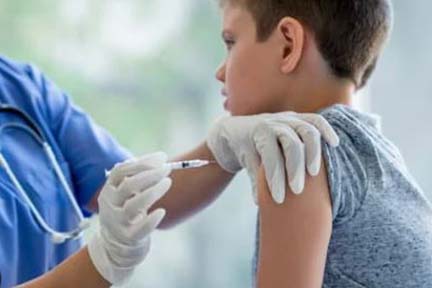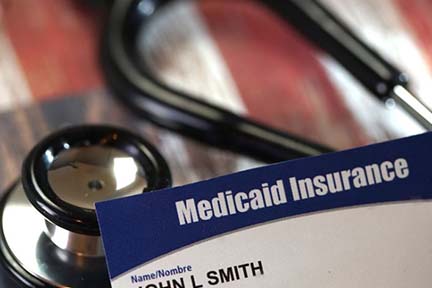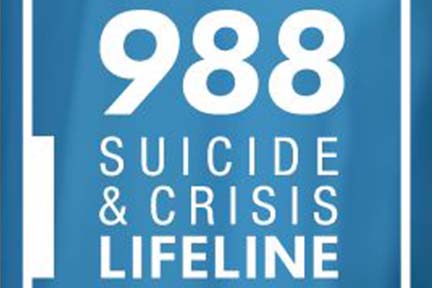
Michigan releases 2023 Eat Safe Fish Guides
Press Release FOR IMMEDIATE RELEASE: August 11, 2023 CONTACT: Chelsea Wuth, 517-241-2112, [email protected] Michigan releases 2023 Eat Safe Fish Guides to help residents learn about and plan for local fish consumption LANSING, Mich. – The Michigan Department of Health and Human Services (MDHHS) has released the 2023 update to its Eat Safe Fish Guides, which provide guidelines for eating locally caught fish. Guidelines are based on levels of chemicals found in the portions of fish that people eat – typically the filets. Test results from the MDHHS Bureau of Laboratories are used to determine what is safe for people to eat over the long term. “There are many health benefits to eating fish and the Eat Safe Fish Guides help individuals choose the fish that are best for them and their families,” said Dr. Natasha Bagdasarian, MDHHS chief medical executive. Chemicals in fish are a worldwide issue. The chemicals most commonly found in fish are mercury and PCBs. Additional chemicals, such as perfluorooctane sulfonate (PFOS) and per- and polyfluoroalkyl substances (PFAS), have also been found in fish, resulting in Eat Safe Fish guidelines for fish from certain Michigan water bodies. Like mercury, PFOS cannot be removed by trimming away the fat on the fish because the chemical is stored in the filet. By using the Eat Safe Fish Guide, Michigan fish consumers can be confident they are making informed choices about eating the fish they catch from their local lake or river. The 2023 Eat Safe Fish guidelines include several new recommendations originally announced in January 2023 for certain locally caught smelt. The new smelt guidelines are based on elevated levels of PFOS found in the smelt. The new Eat Safe Fish consumption guidelines for smelt are as follows:
MDHHS previously issued a guideline for smelt from Lake Superior in May 2022, recommending that no one eat more than 1 serving per month of smelt from Lake Superior, due to elevated levels of PFOS. That guideline will remain in effect. Originally issued in August of 2018, the ‘Do Not Eat’ fish advisory remains in effect for a large stretch of the Huron River due to elevated PFOS levels in fish. That advisory begins downstream from where the river crosses N. Wixom Road in Oakland County to where the river crosses I-275 in Wayne County and includes the following waterbodies: Norton Creek (Oakland County), Hubbell Pond also known as Mill Pond (Oakland County), Kent Lake (Oakland County), Ore Lake (Livingston County), Strawberry & Zukey Lakes (Livingston County), Gallagher Lake (Livingston County), Loon Lake (Livingston County), Whitewood Lakes (Livingston County), Base Line & Portage Lakes (Livingston/Washtenaw County line), Barton Pond (Washtenaw County), Geddes Pond (Washtenaw County), Argo Pond (Washtenaw County), Ford Lake (Washtenaw County) and Belleville Lake (Wayne County). In addition to updating the Eat Safe Fish Guide with new guidelines, the program regularly reviews the science behind its guidelines. This review ensures that Eat Safe Fish guidelines are based on the best available science to be health protective for people who eat fish caught in Michigan. Unlike the Department of Natural Resource’s Michigan Fishing Guide, the MDHHS Eat Safe Fish guidelines are not laws or regulations, and no one is required to follow them. Instead, the guides are a free resource for those who would like information about which fish, and how much of those fish, are healthy to eat from various bodies of water across the state. MDHHS also produces the Buy Safe Fish Guide to help residents choose seafood from local grocery stores, fish markets and restaurants that is lower in mercury. The Eat Safe Fish Guides and Buy Safe Fish Guide are available online at Michigan.gov/EatSafeFish. For more information on how to buy, eat or prepare safe fish, or to get the 2023 Eat Safe Fish Guide for your region, visit Michigan.gov/EatSafeFish and click on Find Your Area or call the MDHHS Division of Environmental Health at 800-648-6942. |






